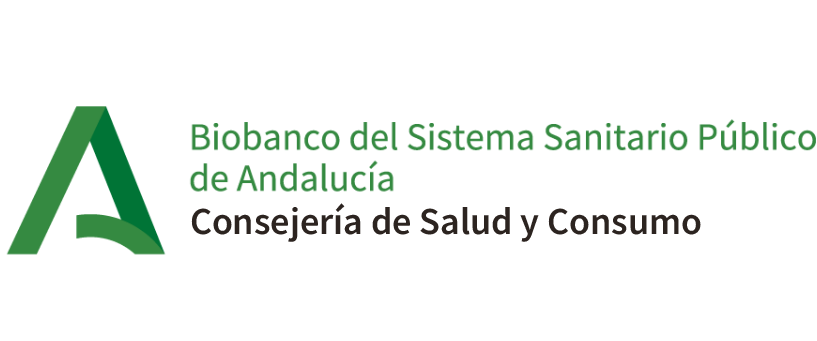Integration of a collection
To integrate a collection, the following considerations must be taken into account.
Royal Decree 1716/2011, of November 18, which establishes the basic requirements for authorization and operation of biobanks for the purposes of biomedical research and the treatment of biological samples of human origin, and regulates the operation and organization of the National Registry of Biobanks for biomedical research, establishes in its article 23 corresponding to the consent for the obtaining, storage or conservation and use of biological samples of human origin , that the obtaining of the samples, their storage or conservation and their subsequent Use will require the corresponding prior consent from the source subject, which will indicate the purposes for obtaining the samples.
Likewise, article 27 stipulates regarding the destination of the samples once the research or specific research project is completed , that the specific consent granted by the source subject for their sample to be incorporated into a collection for biomedical research purposes kept outside the organizational scope of a biobank, or is used in a specific research project, will provide for one of the following options:
a) The destruction of the sample once the project or research is completed.
b) The anonymization of the biological sample for subsequent uses.
c) The subsequent free transfer of the sample to a biobank, provided that information is provided about it and about the possible purposes of use of the sample.
d) The subsequent use of the sample integrated into a collection for a line of research related to the one initially proposed, even by a third party through free transfer, with the warning that the specific consent of the source subject will be requested for this.
Consequently, when a contingency plan has not been provided for in the informed consent, a new consent will be necessary from the source subject for the possible surplus of samples generated once the development of the project is completed, which determines the destination of the samples once once the research or specific research project is completed.
However, article 24 contemplates the exceptional treatment of biological samples of human origin for biomedical research purposes in the absence of express consent of the source subject . Thus, as an exception, coded or identified samples may be treated for biomedical research purposes without the consent of the source subject when obtaining such consent is not possible or represents an unreasonable effort; An unreasonable effort will be understood to mean the use of a disproportionate amount of time, expenses and work.
In these cases, the corresponding Research Ethics Committee must issue a favorable opinion, for which it must take into account, at a minimum, compliance with the following requirements:
a) That there is no viable alternative for carrying out the project with another group of samples for which consent is available.
b) That it is an investigation of general interest.
c) That the research, duly authorized, is carried out by the same institution that requested consent to obtain the samples, if this were necessary.
d) In the case of samples from identified or identifiable subjects, the research is less effective or not possible without the identifying data of the source subject.
e) That there is no express objection from the source subject or his legal representative.
f) That the confidentiality of personal data is guaranteed.
g) That the effort, time and human, material and economic means necessary to obtain consent have been assessed.
For all of the above, the steps to follow to integrate a research collection into the Biobank of the Public Health System of Andalusia are:
- Inform the SSPA Biobank of your interest in integrating the collection and provide information about it by completing the "Integration Request" form in which the characteristics of the collection and samples are described. Download Form here .
- The information received will be analyzed from the Biobank and the relevance and possibility of including the collection in the Biobank will be analyzed.
- The Biobank will request the External Ethics Committee (CCEIBA) to evaluate the integration of the samples and the conditions under which it should be carried out. The resolution of the CCEIBA evaluation will be communicated to the researcher.
- If the evaluation of the integration is positive, a plan will be established between the Biobank and the researcher to execute said integration, which will include, among other aspects, the actions indicated by the CCEIBA.
- Once the integration is completed, the Biobank will be in charge of managing the samples and their transfer, which will be carried out following the procedures established in current legislation.
For more information, do not hesitate to contact us at the following address biobanco.sspa@juntadeandalucia.es or by calling 958 894672.

